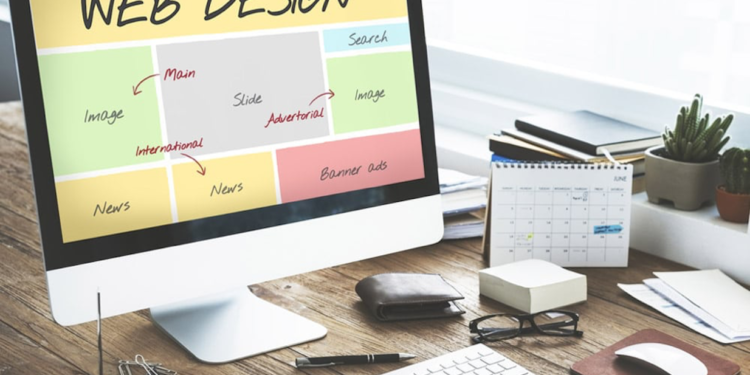There are many reasons why you might be thinking of making a website. It could be for your business, a non-profit organisation or even to start a blog. If you’ve never made a website before, it can be tricky to understand what’s needed to get up and running. Find a web designer near you.
But don’t let that stop you! These days it’s never been easier to get your business online. Here are our top tips on what do you need to create a website to tell you more.
An Idea
So long as you aren’t promoting anything illegal, offensive or copyrighted, pretty much anything goes when it comes to creating a website. From an ecommerce site that sells teapots to a money saving website, the internet is quite literally your oyster.
It pays to narrow down your idea before you set up your website. You’ll need to figure out your target audience, and what the purpose of the website will be. It could be purely informative or contain ways of generating a profit. Figuring it out as you go along could be costly, which is why a solid plan is a must.
A Domain Name
Once you’re set on your idea, you’ll need to come up with a place to send your visitors to via a domain name. We’re only a few decades into the internet, and so not all domain names have been taken yet. Though it pays to check if your ideal domain name is available before you start branding your website, as your chosen URL may have already been snapped up.
There aren’t many rules when it comes to domain names. However, it needs to be something memorable and SEO friendly. As a general rule, domains with dashes in them aren’t as desirable. Aim for ‘.co.uk’ or ‘.com’ if possible, as these are highly recognisable especially in print.
Content Management System
Your website isn’t going to build itself! Whether you choose a template or hire a web developer to build you a website, you’ll need a place to host your content, in the form of a content management system (CMS). One of the most popular examples of a CMS is WordPress. Their model can be adapted to ecommerce, bloggers and more.
Whichever CMS you choose, it will need to have all the capabilities you need depending on your requirements. This includes the ability to upload content such as text, images and video. If the themes or add-ons are limited, it could hinder your growth later down the track. So do your research before you settle on a CMS provider, as some offer way more than others.
Website Design
For your website to be successful, the design needs to encourage users to stay on your page, not leave it in an instant. The colours, fonts and element placement all need considering. Not to mention your menu design, header and footer too.
If web design isn’t your strong point then don’t leave things to chance. A web designer can soon point you in the right direction. They will work with you to design all of your pages so that they are easy to read and navigate between. A professional looking website can make all the difference, regardless of what your site is about.
Content
What website would be complete without some content? While typing up a few lines about your business might seem like the easy part, there’s still a lot to think about. The text needs to be engaging and SEO friendly if it’s to pick up any search engine traffic.
In terms of your images, ideally, these will all be original and will directly reflect your business. Try to avoid stock images wherever possible, and certainly don’t use images you ‘found’ on social media or Google. If in doubt, consult with your web designer and hire a professional copywriter to create your website landing pages for you.
To Sum Up
Creating a website is an interesting process and one which can supersize your business efforts. That being said, it’s worth giving your overall strategy some thought before you begin.
Everything from the name of your website, its design and also the content needs to be considered.
Aligning your goals before you start gives your website the best chance of success, especially if the result proves highly useful to your audience.







